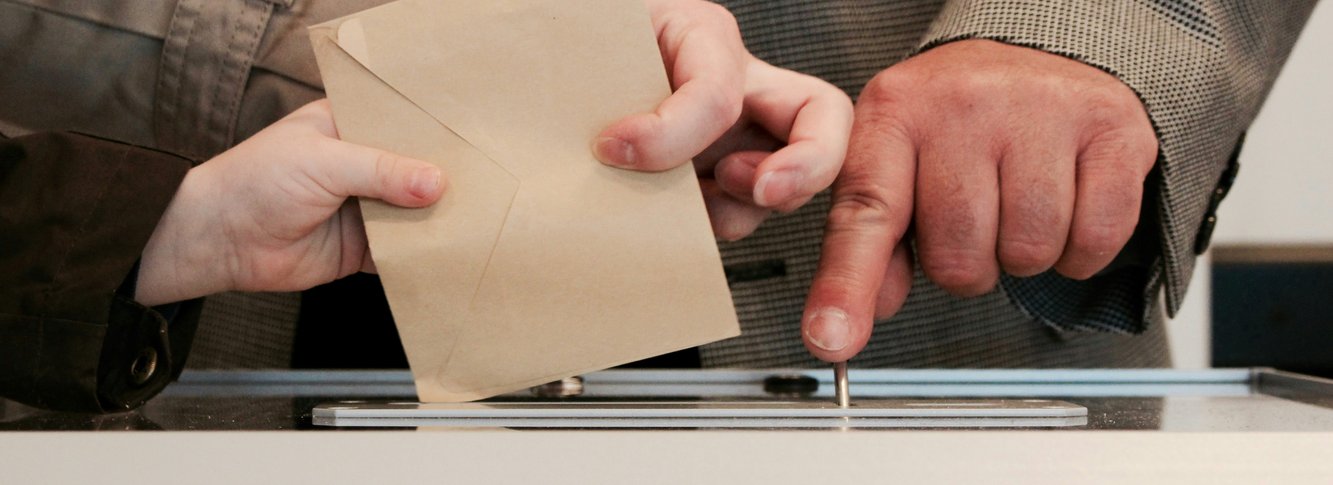| 8 mins read
Labour has ditched their £28bn clean energy pledge. They blame the state of public finances, which are clearly dire. However, they also fear that climate policy is a ‘wedge issue’ the Tories can exploit. Labour wants ‘bombproof’ policies that offend floating voters the least.
They fear a 1992-style election loss as much as assume a 1997 sweep. Their Uxbridge by-election loss, by 495 votes, and attributed to anti-ULEZ sentiment added to general ‘climate caution’. They will even accept new North Sea oil licences whilst Tory MPs quit over them.
What can the Green party do? Labour’s clean energy policies are still more ambitious than the Tories, including a carbon-zero grid by 2030 (for now). They usually stand most seats down to help Labour in general elections. Do they refuse now? That would hurt them both.
For the Greens, like other ‘smaller parties’, it’s a system problem. In the 2019 election the Greens got 865,000 votes for just one seat. The Liberal Democrats got 3.7mn votes for 11 seats. While the Tories got 365 seats for 14mn votes and Labour 202 seats for 10.3mn votes.
Small party votes count for less under First-Past-The-Post. Is the real problem just system, or also process? Could another one turn their low value votes into high value leverage? What is the real problem for all sides? That can reveal real interests and the strategies to deliver them.
THE REAL PROBLEM
The real problem for the Greens is Labour taking their votes for granted. The real problem for Labour is being sure that enough Green voters will switch to them, even where the Green party has stood down. They need to be convinced, or cajoled, to earn those extra Green votes.
The Greens’ real interest is influencing policy, visibly, in return for stepping aside. More voters will then switch to Labour. That’s Labour’s real interest too. What if, instead of a private process ending with them standing aside, they made these negotiations public?
The centrepiece of this public, structured, negotiation would be an endorsement event held weeks before the election. There they can choose to endorse, or not, their closest main party. This endorsement is focussed on one key policy, in exchange for standing down seats.
Why narrow to one policy? For effective leverage. A main party isn’t going to accept publicly that many policies have been influenced by a smaller party. That will make them look too weak. However, they might for one high value policy earning them many crucial votes.
THE ENDORSEMENT PROCESS IN PRACTICE
Let’s examine this mechanism in practice, with the Greens and Labour. Caroline Lucas is stepping down in 2024 as the only Green MP to focus on climate campaigning. Clean energy would be the natural single policy choice for the Greens here too. The most urgent of issues.
Lucas built a 20,000 majority in Brighton Pavillion (2019 election). Their closest second seat, Bristol West, won 19,000 votes but was still 30,000 behind Labour. In 2019 they got between 1,000–2,000 votes in 126 seats, 2,000–3,000 in 103 seats and 3,000-5,000 in 20 seats.
That’s wide, and deep, enough to swing many marginals. If the Greens had told their 893 Uxbridge voters to vote Labour, and 55% did, Labour would have won. How many Uxbridge-like razor-thin marginals might there be? Enough perhaps to swing an election.
Labour can’t discount the value of an endorsement, or the opposite. So if the Greens announce a climate policy endorsement process, Labour will likely meet them (if informally at first). Labour just attending a meeting will shift real negotiation power to the Greens.
The Green party will need to be prepared, with a suggested policy addition which naturally adheres to Labour’s ones. It should be compelling, material and practical. Bold yes, but if too radical no deal can be done. This policy formulation, and negotiation, will be key to success.
The invitation, process and event can suddenly put pressure on Labour. The Greens can control both the agenda, and process, with a new form of power: judgement. They smartly capture this power and create value as both sides trade low value items for high value ones.
VALUE CREATED BY BOTH SIDES
The public endorsement creates this value, by not just stepping aside for Labour. They also exhort Green voters to switch to Labour, based on a material policy win. That combination should significantly increase the number of Green voters switching their votes to Labour.
The Greens trade their low value votes for high value, and public, policy influence. In return Labour, by publicly accepting this policy influence, get more Green votes. These can be very high value for them, especially in those very tight marginals. Enough votes to tilt many seats.
The Greens can offer all of their seats in one go (bar their top 5-10, which they still run in). Or they can offer their lower half first, which still bring up to a thousand votes (and Uxbridge-size wins). This lower/upper half approach enables a two-phase, sophisticated bargaining.
The process can solve the real problem for both parties, and so deliver their real interest. Labour might assume the Greens will stand down their seats anyway, in the end, to help them. Maybe so, but if they offer nothing then they won’t swing those extra Green votes.
The endorsement event gives the Greens a media platform to critique forensically, and perhaps coruscatingly, main party policy weeks before the election. They gain credibility, and authority, whether they endorse the party or not. Of course, endorsement is the real win-win.
To be successful, the internal Green negotiation will be crucial. Externally they must prepare every stage; be both strategic and tough. A discipline, and information control, alien to this transparent party. In return this structured negotiation process brings control, and so power.
The endorsement mechanism can naturally inject policy innovation into manifestos. The event can become a pre-election institution, with policies dissected and verdicts theatrically passed. Either deal, or no deal, may push bolder policies for the competing main parties.
WHY NOW?
Two reasons make this new process particularly potent now. First, single issues have made voting more fluid: Labour’s Red Wall suddenly became a 2019 Blue Wall, owing mainly to Brexit. A damning, or praising, key policy verdict can swing core, floating and ‘hero’ voters.
Secondly, Labour are insecure despite their (present) poll lead. They will be open to anything that gives them an edge. The Tories are looking for any edge too. This process can also be used by other smaller parties, such as Reform and Lib Dems, to trade low value votes for influence.
The Greens have other big incentives. The US Greens plan to run a candidate in the 2024 presidential election. Greens votes may have lost Democrats both 2000 and 2016 elections. Biden’s Inflation Reduction Act (IRA) pledges over $780bn of clean energy investment. Trump has pledged to bin it. Do they really want to trade IRA for Trump? UK Greens can show their US cousins a process to convert low value votes, publicly, into policy leverage. One that still gets their (much) preferred party into power. The stakes don’t get much higher.










